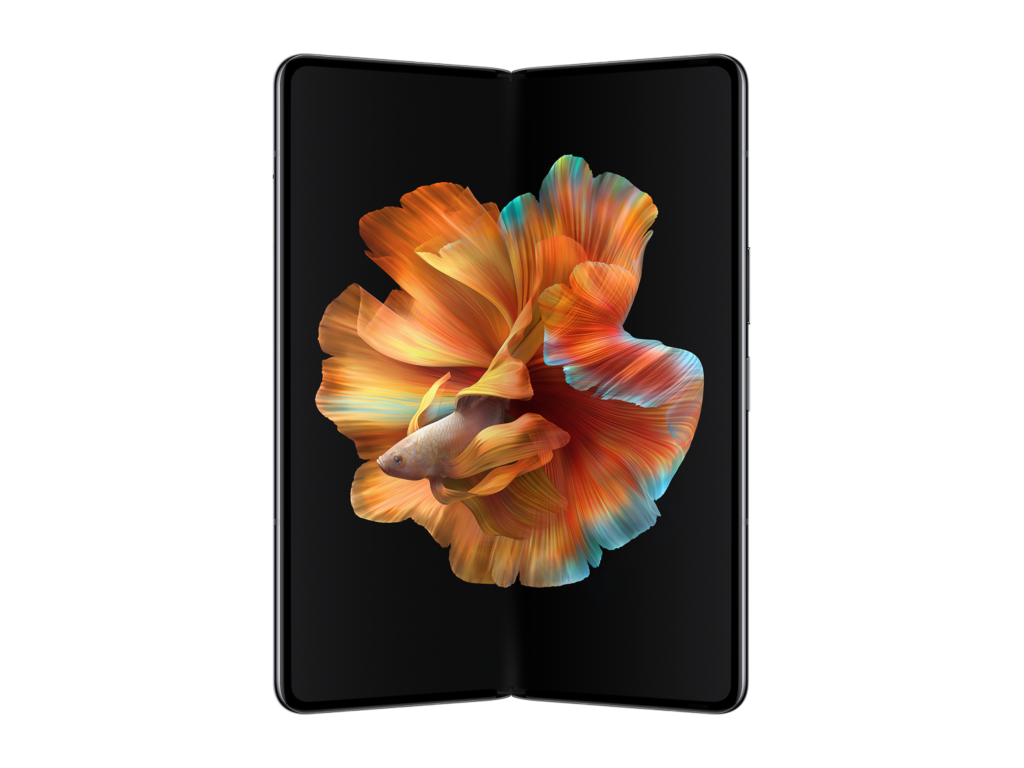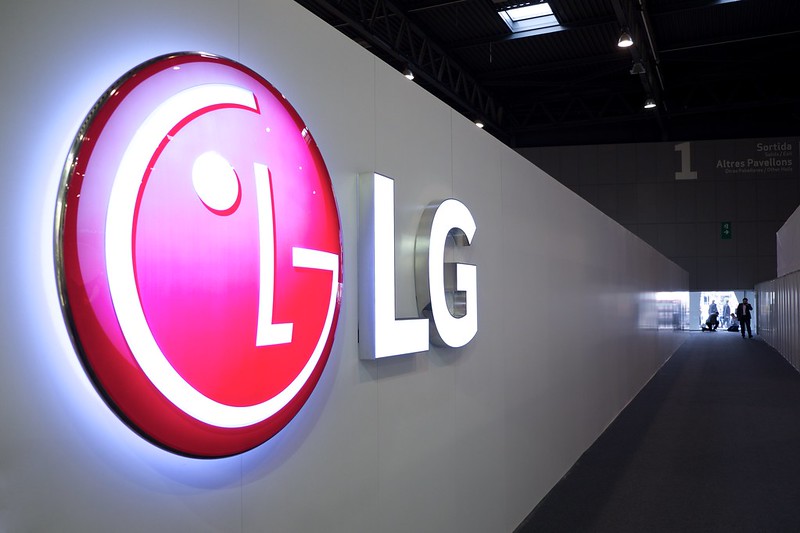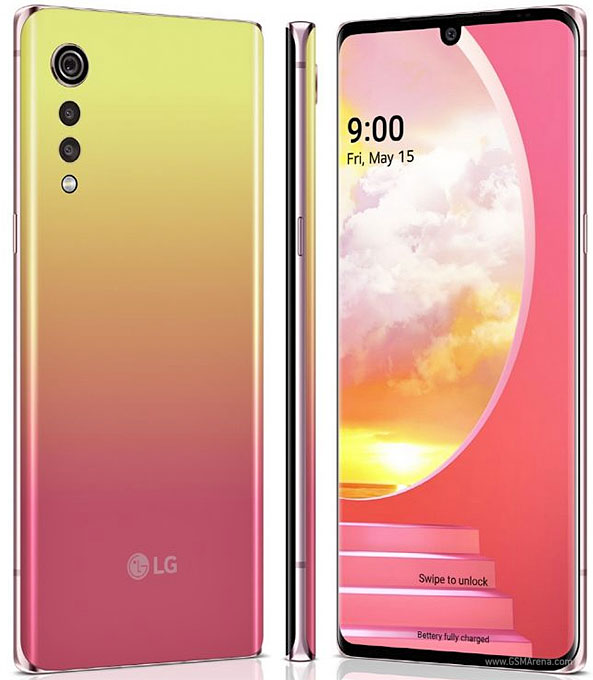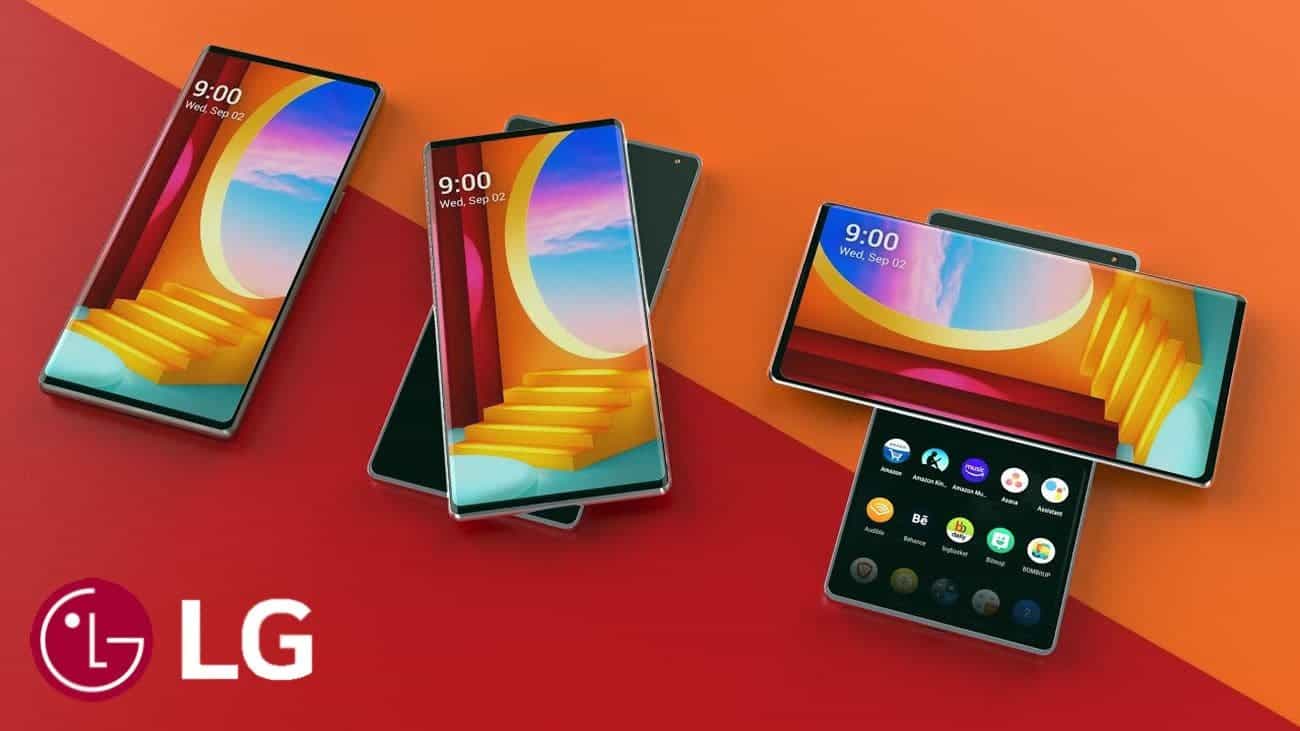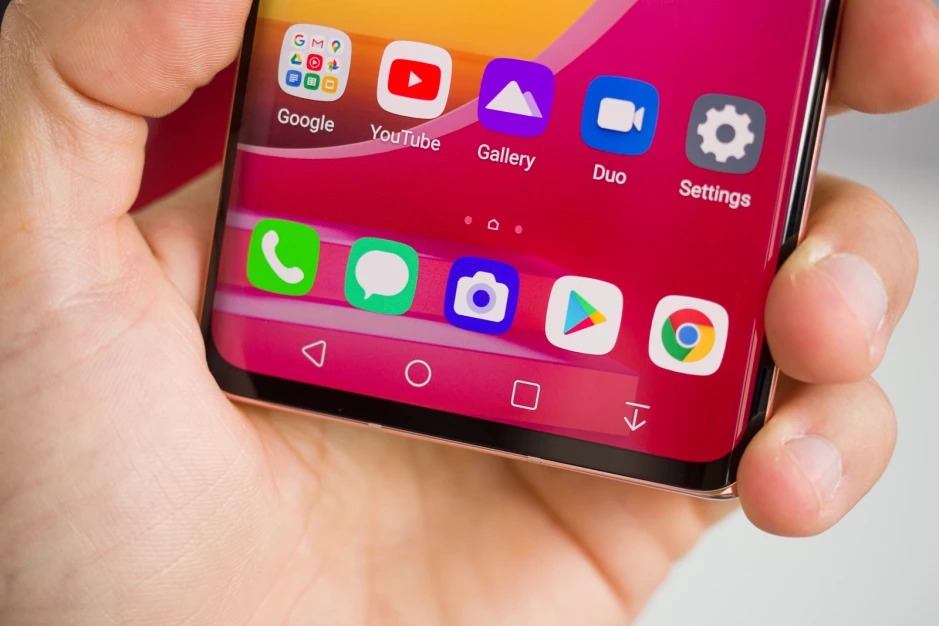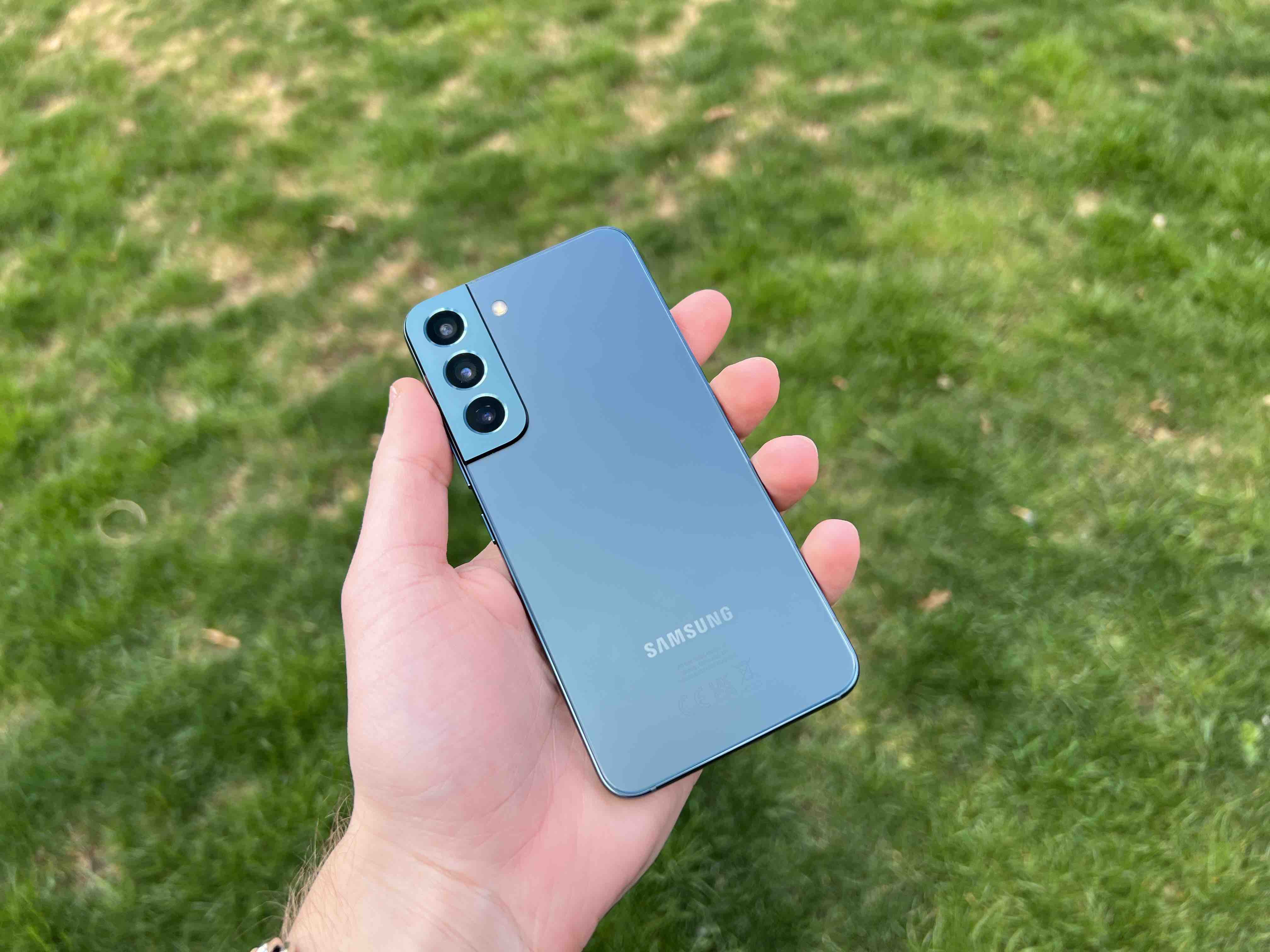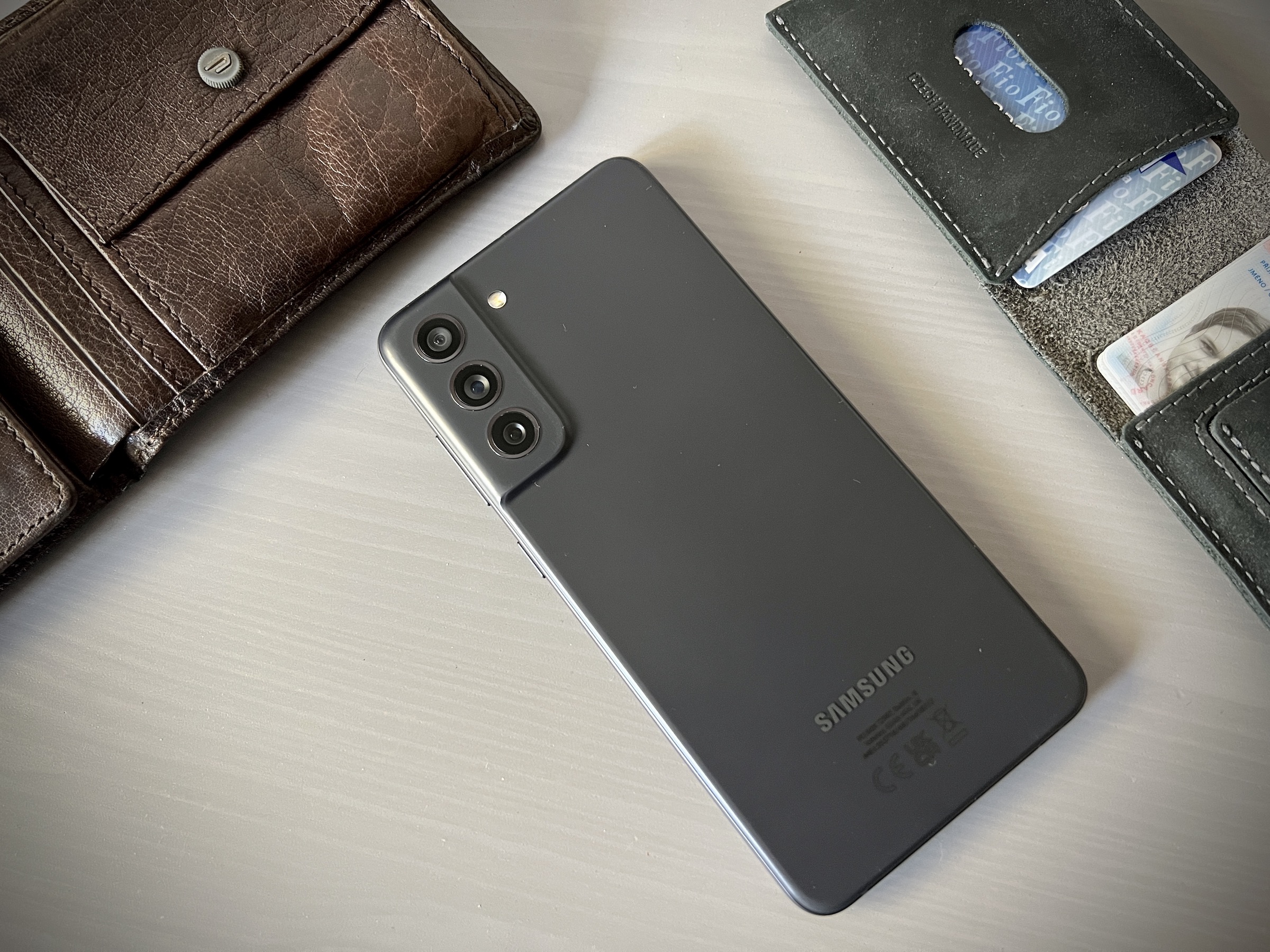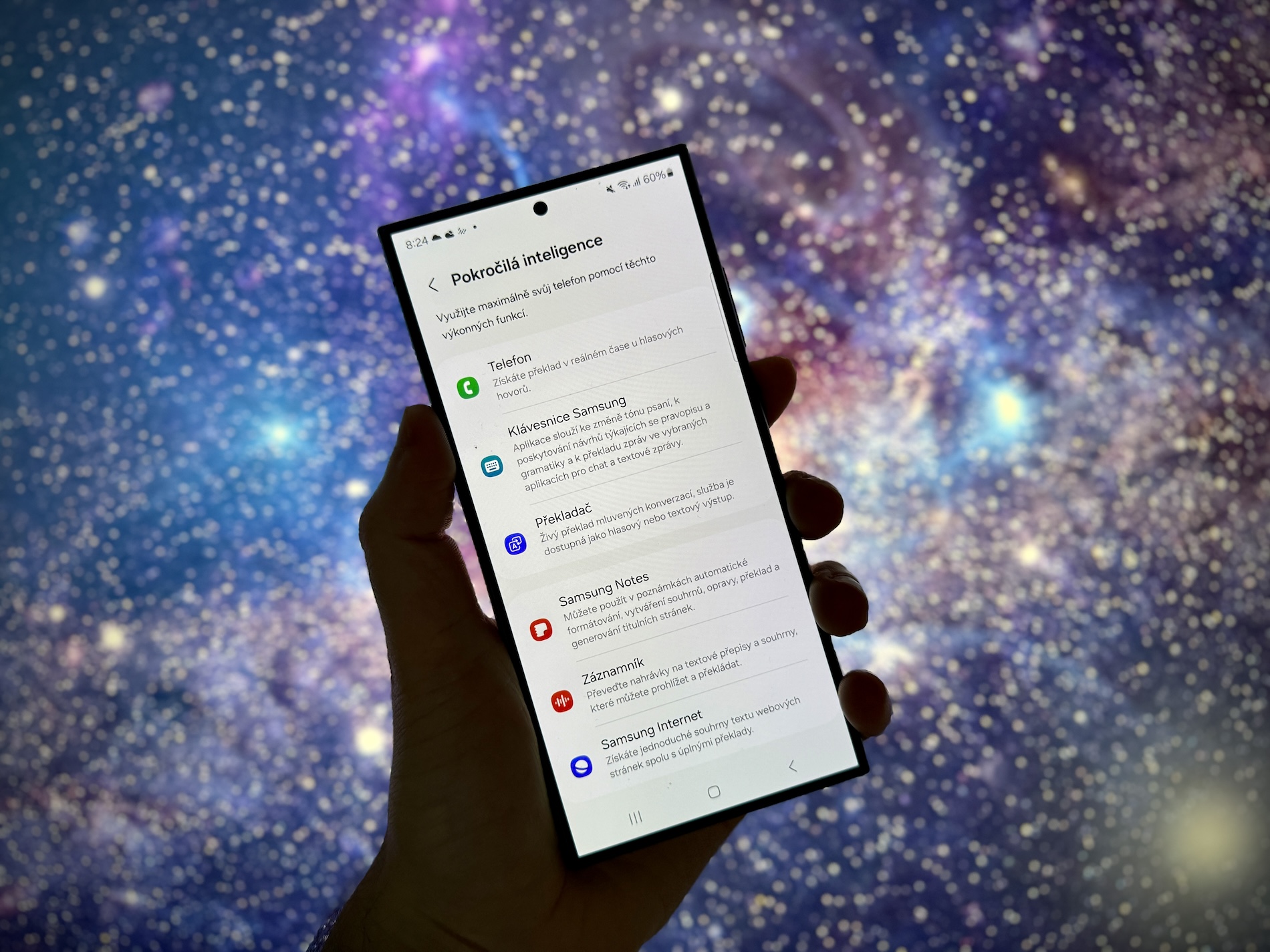What was speculated about last week has become a reality. LG has announced that it is withdrawing from the smartphone market, which process it wants to gradually complete in cooperation with suppliers and business partners by July 31 of this year. However, it should continue to sell the existing phones.
LG has also committed to providing service support and software updates for a certain period of time - depending on the region. We can only speculate about how long it will be, but it is likely that it will be at least until the end of the year.
LG started making mobile devices in 1995. Back then, smartphones were still the music of a relatively distant future. For example, LG Chocolate or LG KF350 phones have gained great popularity.
The company also successfully entered the field of smartphones – already in 2008, their sales exceeded 100 million. Five years later, the Korean tech giant has become the third largest smartphone manufacturer in the world (behind Samsung and AppleM).
However, since 2015, its smartphones began to lose popularity, which was related, among other things, to the emergence of predatory Chinese brands such as Xiaomi, Oppo or Vivo. From the second quarter of the mentioned year to the last quarter of last year, the smartphone division of LG generated a loss of 5 trillion won (approximately 100 billion crowns) and in the third quarter of 2020 it shipped only 6,5 million smartphones, which corresponded to a market share of 2% (for comparison - Samsung produced almost 80 million smartphones during this period).
LG concluded that the best solution would be to sell the division, and for this purpose it negotiated with, for example, the Vietnamese conglomerate Vingroup or the German automaker Volkswagen. However, these and other negotiations failed, among other things, due to LG's alleged reluctance to sell the smartphone patents together with the division. In this situation, the company had no choice but to close the division.
In the statement, LG also said that in the future it will focus on promising areas such as components for electric cars, connected devices, smart home, robotics, AI or B2B solutions.
You could be interested in
